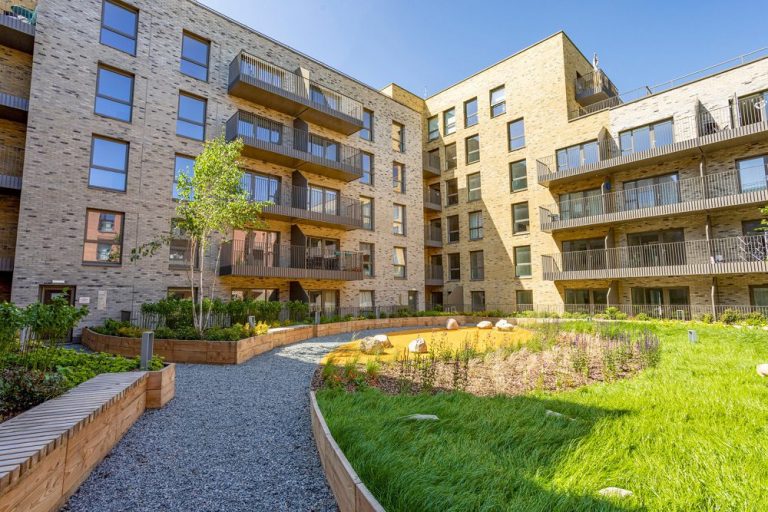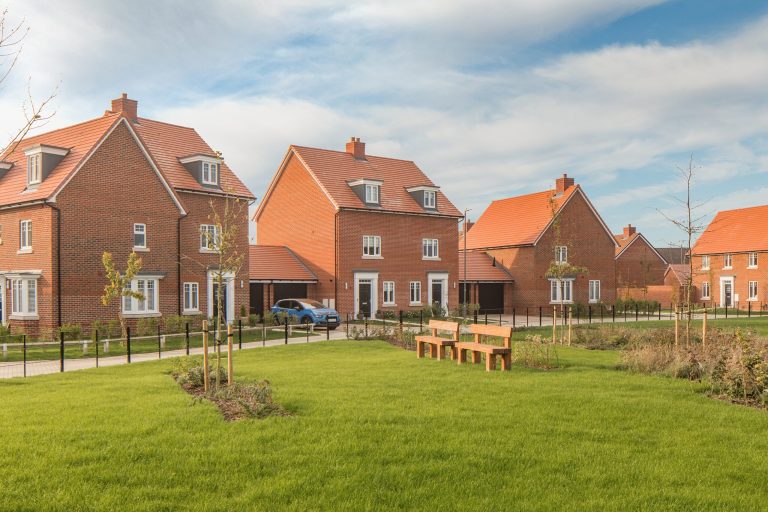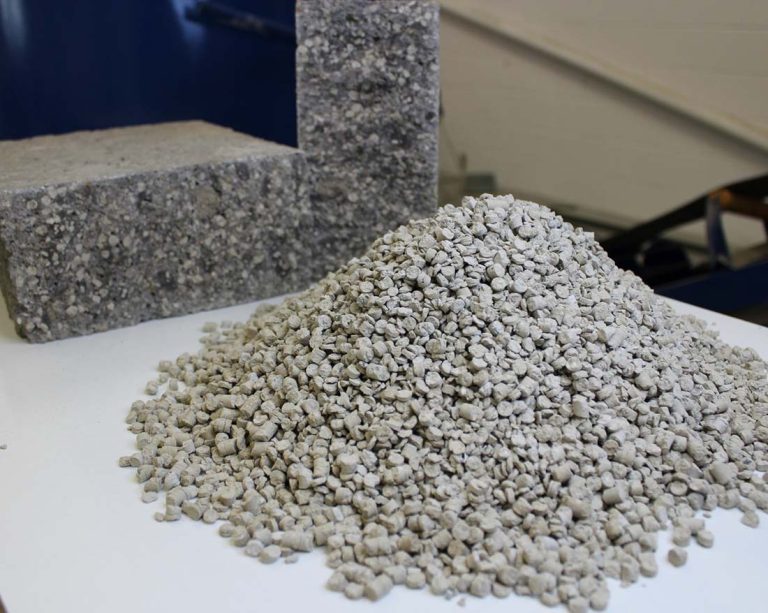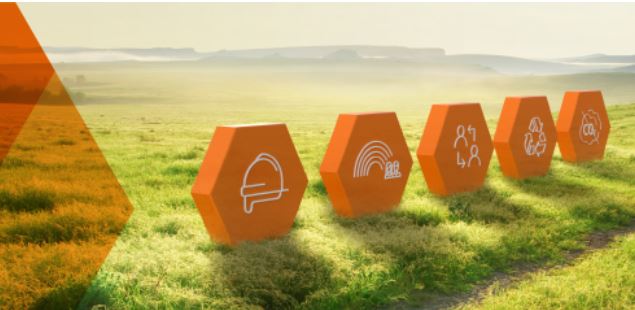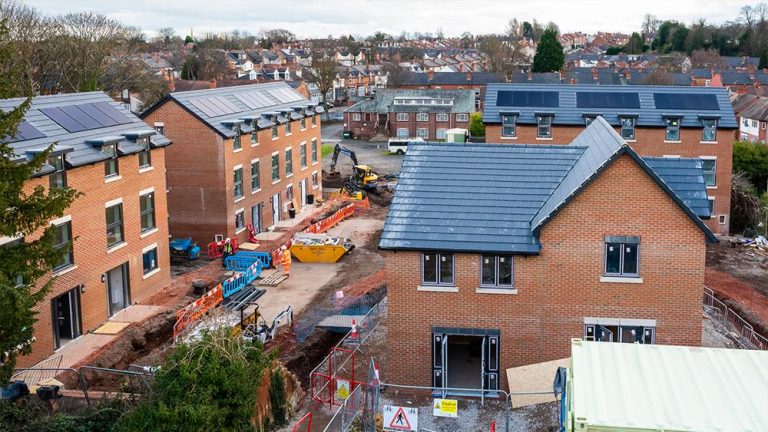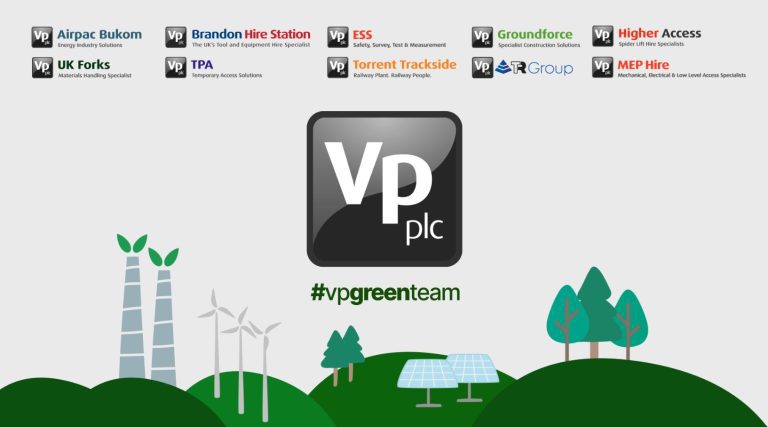RICS Sustainability Report 2022 – UK Occupier and investor demand for green buildings continues to rise in the UK as nearly half of respondents report lower rents and sale prices for non-sustainable buildings. 55% note a rise in climate risk assessments by investors on their built assets, suggesting that climate issues could be influencing the behaviour of key market players. Lack of tools, databases, established standards, and benchmarks identified as key obstacles. Industry must, however, help drive the establishment of standards by adopting and utilising those that are available* Contributors also highlight high costs or low availability of low carbon materials and skill shortages as a challenge. Progress is being seen in some aspects of the built environment on the drive to be more sustainable, according to the latest annual sustainability report produced by RICS, however the rate of advancement needs to accelerate significantly and become more widespread. The 2022 RICS Sustainability Report, which collated sentiment from almost 4,000 chartered surveyor contributors, around 1200 of which are from the UK, across commercial and construction sectors globally, shows that some improvement in the push for sustainability has been made in the past year, notably in the commercial real estate sector as demand for green buildings continues to rise. However, the data also shows there has been little or no change in some important areas in the past 12 months. Indeed, in construction, a significant share of professionals say they do not measure carbon emissions on projects. Commercial Property: While the appetite to seek green buildings in the commercial property sector continues to rise in the UK, the change is modest. Looking at investors and occupiers separately in the UK, around 65% of contributors note that occupier demand for green/sustainable buildings has risen over the past 12 months, however the UK is falling behind Europe as a whole, with Europe leading the way with around 52% of contributors across the region seeing a modest increase in demand, and just under one-quarter stating that occupier interest in green/sustainable buildings has increased significantly. On the investment side around 45% of survey contributors in the UK report a modest increase in investor appetite for green/sustainable buildings over the past 12 months, which is 5% higher than the global average. A further 21% suggest there has been a more significant increase in demand. Comparing the UK to the rest of Europe where the pick-up in investor demand is again stronger, around 80% of those surveyed across the whole of Europe see an increase in investor demand for green/sustainable real estate in the past year. As demand for sustainable buildings continues to increase not just in the UK but on a global scale, it is impacting both rents and prices, with a significant share of contributors seeing a market premium for sustainable buildings, and citing that non-green real estate assets are subject to a ‘brown discount’. For those buildings that aren’t classed as green or sustainable, 48% of respondents noted a reduction in rents, and around half also cited a reduction in sale prices in the UK, with both figures lower than as can be seen in the whole of Europe, with 57% of respondents noting ‘brown discount’ for rental properties, and 60% noting a ‘brown discount’ in prices. In another signal that people in the UK are placing more focus on sustainable property, the majority of respondents (55%) note a rise in climate risk assessments by investors on their built assets, suggesting that climate issues are now rising up the agenda and could be influencing the behaviour of key market players. The figures suggest Europe is seeing stronger progress on sustainability in the built environment due to the spotlight being turned on green buildings by the European Commission’s ambitious Green Deal. Policymakers in other regions turning their attention towards sustainable real estate will lead to market shifts elsewhere, the report notes. Construction: Survey respondents report that Construction professionals in the UK are beginning to embrace digital tools and technologies to complete sustainability-related analysis for construction projects, predominantly to assess energy needs and costs, but they are less likely to utilise these tools to reduce embodied carbon or to measure the impact on biodiversity. 47% of respondents in the UK report that digital tools and processes are used to complete sustainability assessments on less than half or none of their projects. By comparison, Europe’s figure is lower with 40% of respondents reporting that digital tools and processes are used to complete sustainability assessments on less than half or none of their projects, indicating that the UK is falling behind the rest of the region. This year’s results also show that there is much room for improvement in measuring carbon emissions. 76% of professionals in the UK state that they make no operational measurement of carbon emissions on projects, which is in line with the whole of Europe, but slightly higher when compared globally (72%). With more than half of the UK respondents also saying that they don’t measure embodied carbon, even for those that do, less than 14% use it to select the materials they use in their project. When probed on the barriers to reducing carbon emissions, around 38% of contributors identified both the lack of established / adopted standards, guidance and tools and high costs or low availability of low-carbon products as the most fundamental issues. Alongside this, contributors also highlight cultural issues and established practices as a challenge. Kisa Zehra, RICS Sustainability Analyst, commented: “It is of benefit to all to embrace climate strategy, and we must reduce our impact as the built environment. Behaviour change is happening, with higher rents and prices being seen for the more desirable sustainable properties, and climate risk assessments by investors on their built assets rising across the globe. But, measuring all forms of carbon, is also critical to the changes we need to see from the built environment. “Barriers to progress cited in the report have included a lack of established standards, guidance and tools. However,
